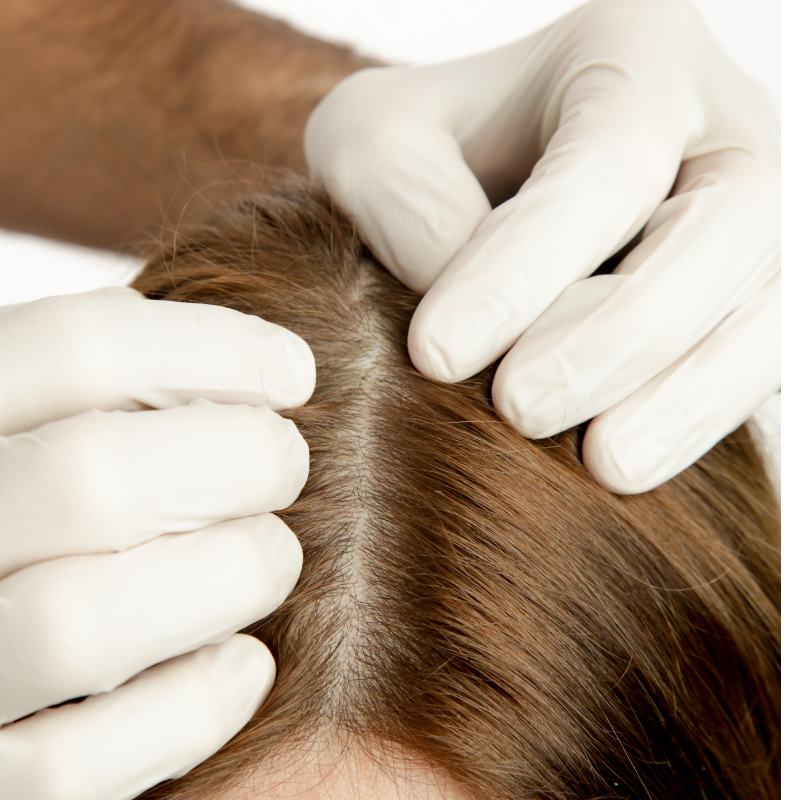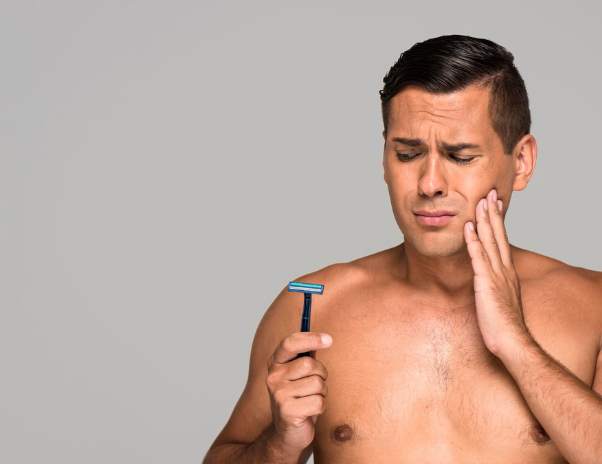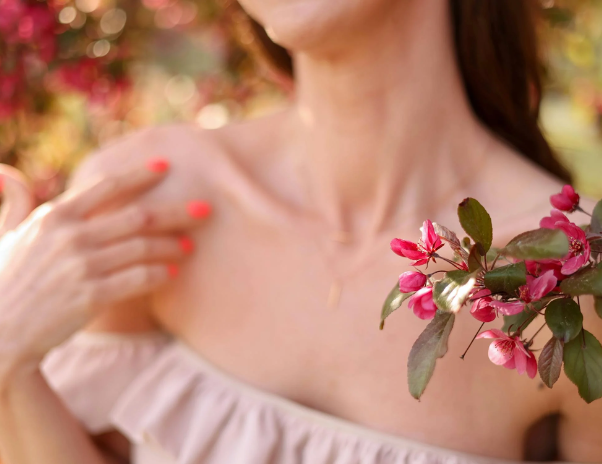
Posted date on Sep 11, 2020
When we talk about hair care, we tend to pay more attention to the shine and length and volume of hair. While doing this we often forget to take care of our scalp. Not many know that a healthy scalp promotes hair growth, strengthens hair follicles and leads to voluminous hair. You can say that it is a prerequisite for lustrous and thick hair.
So what comprises a healthy scalp? A scalp that is devoid of dandruff, oil and dirt is considered to be a clean and healthy scalp. On a daily basis our scalp comes in contact with a number of elements such as UV rays from the sun, pollution and chemicals from hair products. An over exposure to any of these external factors deteriorates the health of the scalp and causes scalp fungus, hair loss, itchiness, burning sensation apart from flaky dandruff and excessive oiliness.
Many times dandruff flakes and scalp dirt cause skin concerns like acne and folliculitis that are troublesome to get rid of. Hence, it is pertinent to take care of your scalp for both your skin and hair health.
There are many misconceptions about scalp health, as the market is full or products and advice. To help you with the right knowledge, I have prepared a comprehensive list of dos and don’ts of Scalp health. Let us start with the Dos of the Scalp Health:
1. Hydration
Just like your skin, your scalp also needs its adequate share of hydration to stay healthy. To prevent a dry scalp, it is important to have a high water intake on a daily basis. You may have noticed on days when you do not hydrate well, you experience dryness in the scalp and dandruff. It is a direct reflection of the amount of water intake you have had in the previous day.
Along with drinking around 2-3 litres of water a day, you can also incorporate some fruits and vegetables that have a high water content. You can start with including watermelons, cucumbers, apples, oranges, broccoli and melons in your diet to increase your water intake per day.

2. Exfoliation
It is important to get rid of any unwanted deposits on your scalp to maintain a clean and healthy scalp. If you go outdoors and expose yourself to pollution and dirt, there can be a buildup of these particles on your scalp. On days when you stay indoors and complete an indoor workout session, your scalp will have deposits of sweat and oil.
To get rid of both these types of debris, it is important to exfoliate your hair with a hair scrub. This cleansing process will help remove dead skin cells, dirt and waxy sebum buildup on the scalp.

3. Healthy diet
It is super important to maintain a healthy and balanced diet to make sure that your scalp and hair have adequate vitamins and nutrients. The nutritional value of your diets will have a direct impact on your scalp health and your hair quality.
Some foods that should be non negotiable in your diet are grains, carbohydrates, green leafy vegetables, fruits and nuts. You should also avoid snacking on junk food like deep fried foods and processed foods as much as possible.

4. Oil massages
To make sure that your scalp is well hydrated and nourished, you must oil your hair at least once or twice a week. This should be done in a gentle manner, you should apply the oil in your hair and massage it in gentle circular motions. This is done primarily to preserve moisture and stimulate the base of the hair follicles so they remain strong and promote hair growth.
You can choose oils such as coconut oil. My personal favorite is coconut oil.
5. Rule out scalp diseases and infections (Consult a dermatologist/trichologist)
In case you have noticed that your scalp is either extremely dry and dandruff prone or that it is excessively oily and greasy over a long period of time, you must consult a dermatologist or trichologist.
An expert in the field will be able to let you know if you have a scalp disease such as a fungal infection, scalp psoriasis, scleroderma, folliculitis or any other such concern. He or she will also be able to suggest appropriate treatments and medication to help address your concerns.

Apart from the things you need to do, there are certain things that you need to absolutely avoid when it comes to ensuring scalp health. Here are some Don’ts of scalp health:
1. Don’t use hot water
On days when you wash your hair, the temperature of the water must be cold or lukewarm. Using hot water while washing your hair weakens hair roots, damages hair strands and makes the hair frizzy.
Hot water also dehydrates the scalp and removes essential oils and moisture that are important to maintain scalp health. On the other hand, cold water seals in the moisture as it does not allow opening of pores.
2. Don't go more than 3 days without washing your hair
If there is a gap of three days after your last hair wash, you may notice increased oiliness of the scalp. There is a buildup of sebum and toxins on the scalp, this can clog pores and increase deposits of dirt. The layering of dirt, oil and toxins is not only unhygienic but also prevents hair growth as the follicles collect dead skin and other dirt.
To avoid this, set a routine for hair washes and decide which days of the week you will be washing your hair.

3. Hot styling equipment
You must avoid hot styling equipment such as hair straightening irons, blow dryers and curling irons. The heat provided by these equipment is too high for your hair strands, it causes hair damage, breakage and split ends if used repeatedly. They also rob the scalp off its moisture and can cause dryness and burning sensation.
These equipment can be used occasionally with the aid of moisturising hair serums and oils to ensure there is a source of nourishment and moisture retention.

4. Don’t apply conditioner directly to your scalp
After shampooing your hair, instead of applying conditioner on your scalp you must apply it along the length of your hair strands. The chemicals in your hair conditioner are too strong for your scalp which can dehydrate and irritate it. Thus the scalp area must be avoided always.

5. Don’t tie your hair too tight
It is important to make sure that there is no pressure on your scalp, when you tie a tight high ponytail that pulls your hair back it causes damage to your hair roots. Too many twists of your hair tie will also cause a painful pull for your hair strands. This pressure on your hair follicles can also cause a headache and lead to hair fall as it weakens the root of your hair. You can opt for hairstyles that are a bit loose and use smaller clips if you need your hair to be fastened.

If you have noticed that your scalp tends to be on either end of the spectrum, that is if it is
excessively dry or oily your best bet is to consult an expert trichologist to ensure that you get the right medication and advice to control it.
Along with medication and a doctor’s consultation you must keep these do’s and don’ts in mind to ensure that you are maintaining a healthy scalp which will lead to healthy hair!




